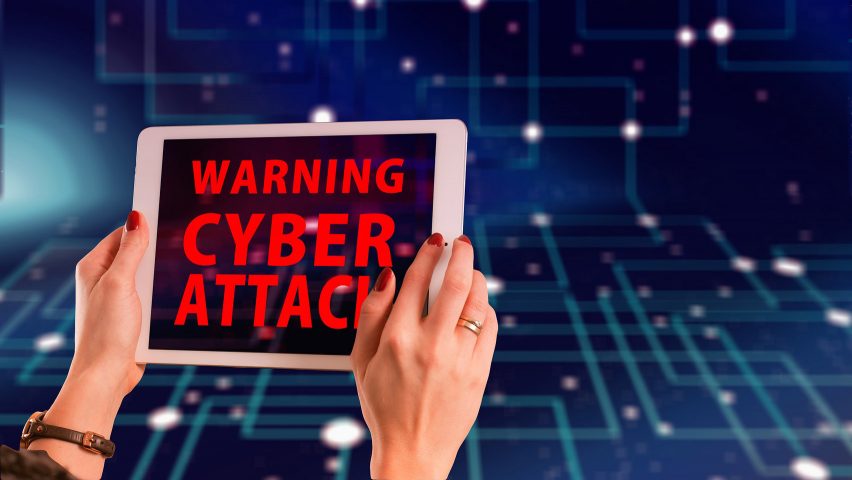
Zaha Hadid Architects suffers cyber attack during coronavirus lockdown
Zaha Hadid Architects has warned architecture practices to be vigilant after hackers held its server to ransom while the company works remotely during the coronavirus pandemic.
The practice, founded by the late Zaha Hadid, alerted the police after data was stolen last week, reported the Architects' Journal.
The hacker used ransomware to encrypt all the data on a company server and demanded money from the practice to release it.
Architects should be "extremely cautious"
Zaha Hadid Architects (ZHA) shared their cautionary tale as a warning for other UK architects, 80 per cent of whom are currently working from home.
"Data protection and privacy is extremely important to us and this is why we regretfully have to announce that on 21 April we experienced a security breach and theft of data in a ransomware attack," a ZHA spokesperson told Dezeen.
"With all our 348 London-based staff working from home during this pandemic and cyber criminals poised to exploit the situation, we strongly advise the architectural community to be extremely cautious."
ZHA refused to pay the money and has employed specialists to assess the situation.
"We immediately worked to secure our network and reported the incident to the authorities," added ZHA. "With minimal disruption to the work of our teams, we continue to investigate any criminal theft of data with cyber specialists."
Cyber crime poses threat to remote workers
It is unclear how much data was stolen in the cyber attack, but ZHA said that all of its data was backed up and – after changing its passwords – staff were able to continue working remotely.
Ransomware infects a device and demands payment from its owner by threatening to block access to their data or to publish it online.
This type of cyber crime is on the rise, according to the UK's National Cyber Security Centre (NCSC). In 2017, a worldwide cyberattack using malware called WannaCry infected 200,000 computers. The UK's National Health Service was particularly affected.
Now, with the UK government asking people to work from home to reduce the spread of coronavirus, getting locked out by a computer virus could seriously impact businesses.
The NCSC advises improving security by making strong passwords, using two-factor authentication software, and regularly updating operating systems.
Main image is by Gerd Altmann from Pixabay.